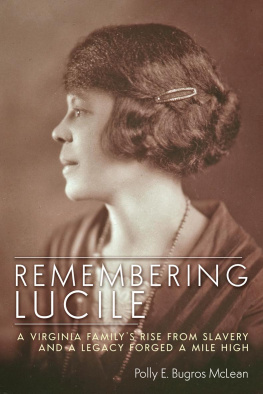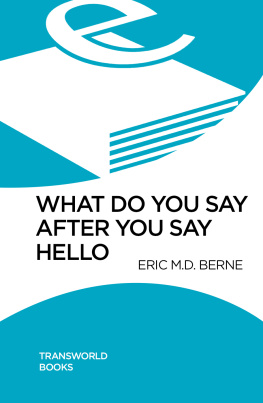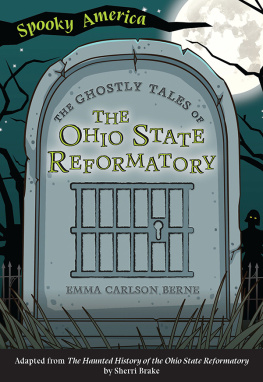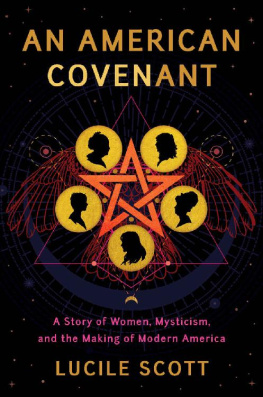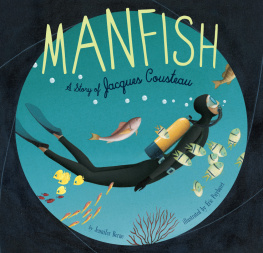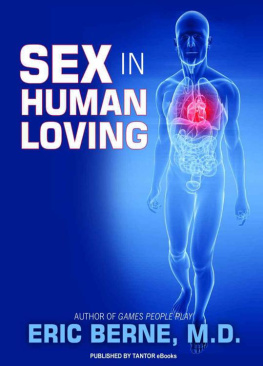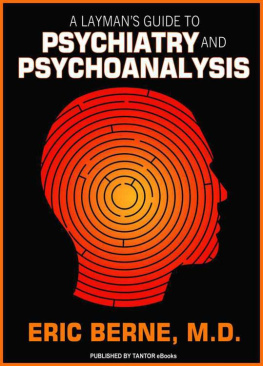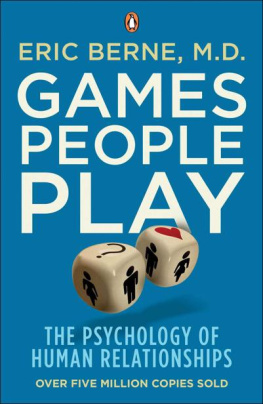ALSO BY SUZANNE BERNE
A Crime in the Neighborhood, a novel
A Perfect Arrangement, a novel
The Ghost at the Table, a novel
Missing Lucile
Memories of the Grandmother I Never Knew
SUZANNE BERNE
A Shannon Ravenel Book
ALGONQUIN BOOKS OF CHAPEL HILL

A Shannon Ravenel Book
Published by
ALGONQUIN BOOKS OF CHAPEL HILL
Post Office Box 2225
Chapel Hill, North Carolina 27515-2225
a division of
WORKMAN PUBLISHING
225 Varick Street
New York, New York 10014
2010 by Suzanne Berne. All rights reserved.
Sections of chapters 1 and 2, in different form,
have been previously published in Harvard Review.
The author gratefully acknowledges the following:
Excerpts from The Kroger Story, by George Laycock,
permission granted by the Kroger Company.
Excerpts from Orlando and from A Sketch of the Past in Moments of
Being, by Virginia Woolf, permission granted by Houghton Mifflin Harcourt
Publishing Company.
Excerpt from Memory and Imagination in I Could Tell You Stories,
by Patricia Hampl, permission granted by W. W. Norton & Company.
Permission to reprint photographs on pages 183, 218, 239, 240,
and 241 granted by the Wellesley College Archive.
Library of Congress Cataloging-in-Publication Data is available.
E-book ISBN 978-1-61620-031-2
For
Luciles grandchildren and
her great-grandchildren
And might it not be... that we also have appointments to keep in the past, in what has gone before and is for the most part extinguished, and must go there in search of places and people who have some connection with us on the far side of time, so to speak?
W. G. SEBALD, Austerlitz
FOREWORD
My father is eighty-two years old and lives alone in a small apartment off a busy road in Charlotte, North Carolina. He has had both lung and colon cancer in the last two years and suffers as well from high blood pressure. Last spring he fell and hit his head while walking inside his apartment and had to spend a week in the hospital. Afterward he had trouble remembering what day it was or with whom he had spoken five minutes earlier; his car had to be sold and someone found to come in to help him with cooking and bathing.
His children live far away and he wants to stay in Charlotte. Fortunately, he has many friends, among them poets and aspiring poets, members of his weekly poetry group, who visit and offer to take him shopping or to doctors appointments. They appreciate his humor and his intelligence and his encouraging view of poetry, which is that any attempt is worthwhile as long as its an honest attempt. Until recently, he himself wrote a poem every day, often about the park where he liked to walk in the morning, and then, when he could no longer take those walks, he wrote about the vine-draped oaks and tulip poplars outside his apartment windows, and about birds, clouds, the different light at different sunrises, spending hours scanning the near horizon, looking for what else life might hold for him, aside from more illness.
Though he has very little money and gets by mostly on Social Security, with help from a generous friend, oddly enough hes more contented now than he was during my childhood, when he owned big houses and cars and boats, flew first class on airplanes, hired caterers for dinner parties. Most of the anger that used to crackle around him is gone. He doesnt seem to mind the money much, except when he needs dental work and has trouble paying for it. Having to live so monastically suits him, comes even as a kind of relief. He has been married three times and divorced three times. After lengthy periods of estrangement, he is now on cordial terms, to different degrees, or at least on speaking terms, with his three ex-wives, his six children, and an ex-stepson.
He is a dignified, courtly looking gentleman with white hair, which has grown poetically long since hes stopped patronizing the barber shop, a neat white mustache, and a Vandyke beard; he dresses invariably in khaki trousers, collared shirts, and laced shoes. A throwback to when older gentlemen looked like gentlemen and would not think of appearing at the grocery store in Bermuda shorts and plastic sandals. Though he spent most of his adult life up north, he feels at home in Charlotte, the Queen City of the South, his place of retirement dovetailing neatly with his birthplace, Cincinnati, Ohio, the Queen City of the West. Queens, goddesses, earth mothers have long been his fascination. At Georgetown University in the 1970s, he taught courses on mythology that centered on the Great Goddess. He often writes of the Great Mother in his poems. Though he has difficulty with women in general, he loves the idea of them.
His deep voice has always had a southern lilt, the proximity of Kentucky to Cincinnati showing up in his softened consonants nothin instead of nothing and in the way he says Hah instead of Hi, when he greets an acquaintance. Formal in manner, and easily offended, he nevertheless loves to be self-deprecating. The technicians at the hospital where he underwent radiation treatments two years ago called him Colonel Sanders because of his white beard and mustache. On the day of his final treatment, he brought them a tub of fried chicken.
He takes special delight in absurdities: silly names, malapropisms, bad puns, which hell repeat and then laugh out loud. My father has a deep, surprised-sounding laugh that often makes other people laugh when they hear it. Whenever he is not actually laughing, however, he looks painfully sad, partly owing to his long upper lip and pale blue, slightly watery eyes that are magnified by the lenses of his glasses. But he also looks sad because he often is sad. He has always been sad. Not depressed, which has a specific clinical definition, and which at different times has been the case with him as well. But sad. Melancholy. Inconsolable. A man who is missing something.
All my childhood I felt sorry for him and was impressed and frightened by his sadness, which seemed to threaten both his survival and mine. His unhappiness had an encompassing grandeur, almost Russian in its intemperance, but also a condemned quality. No matter what set off his frequent rages burnt toast, no parking spaces, squabbling children he seemed stricken by something far more serious.
Which I understood. He had lost his mother when he was a little boy. Hed hardly known her. An unthinkable disaster for me, who had a mother I loved passionately.
Logically enough I wished I could give his mother back to him. A wish I suppose Ive held ever since I was old enough to wish for anything not directly involving myself, though of course self-interest was always involved. Loss for a parent is loss for his child, and parental sorrow is so atmospheric that its traces remain visible decades later, the way long-forgotten droughts can be detected in tree rings, and particles of volcanic ash linger for years in the sky.
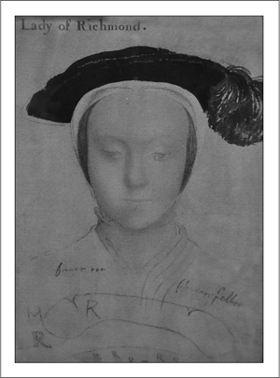
I
Lady of Richmond
DUKE: And what is her history?
VIOLA: A blank, my lord.
SHAKESPEARE, Twelfth Night
Outside the bedroom windows the garden is full of snow. The lily pond is frozen, the dark branches of the apple tree, standing alone in its stone circle, are sharply defined against a winter sky. Snow caps the bronze statues at either end of the rectangular pool, each of a child offering water to birds. A thoughtful garden, with its matching statuary, its low hedges and flower beds flanking a sloping grassy avenue that leads outward to a wide lawn and a lily pond, the garden of someone more than casually interested in symmetry and perspective. In the spring the grass will turn a deep blue-green, just as the apple tree will be surrounded by a perfect circle of lily of the valley. But for now everything but the bare tree branches is white.
Next page


